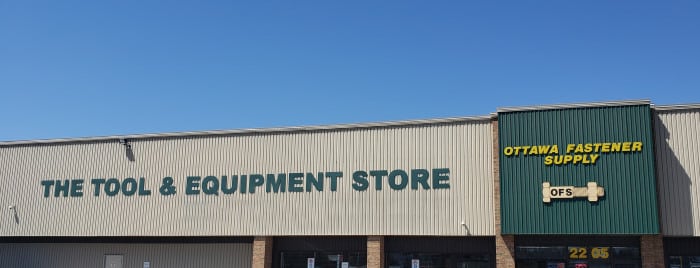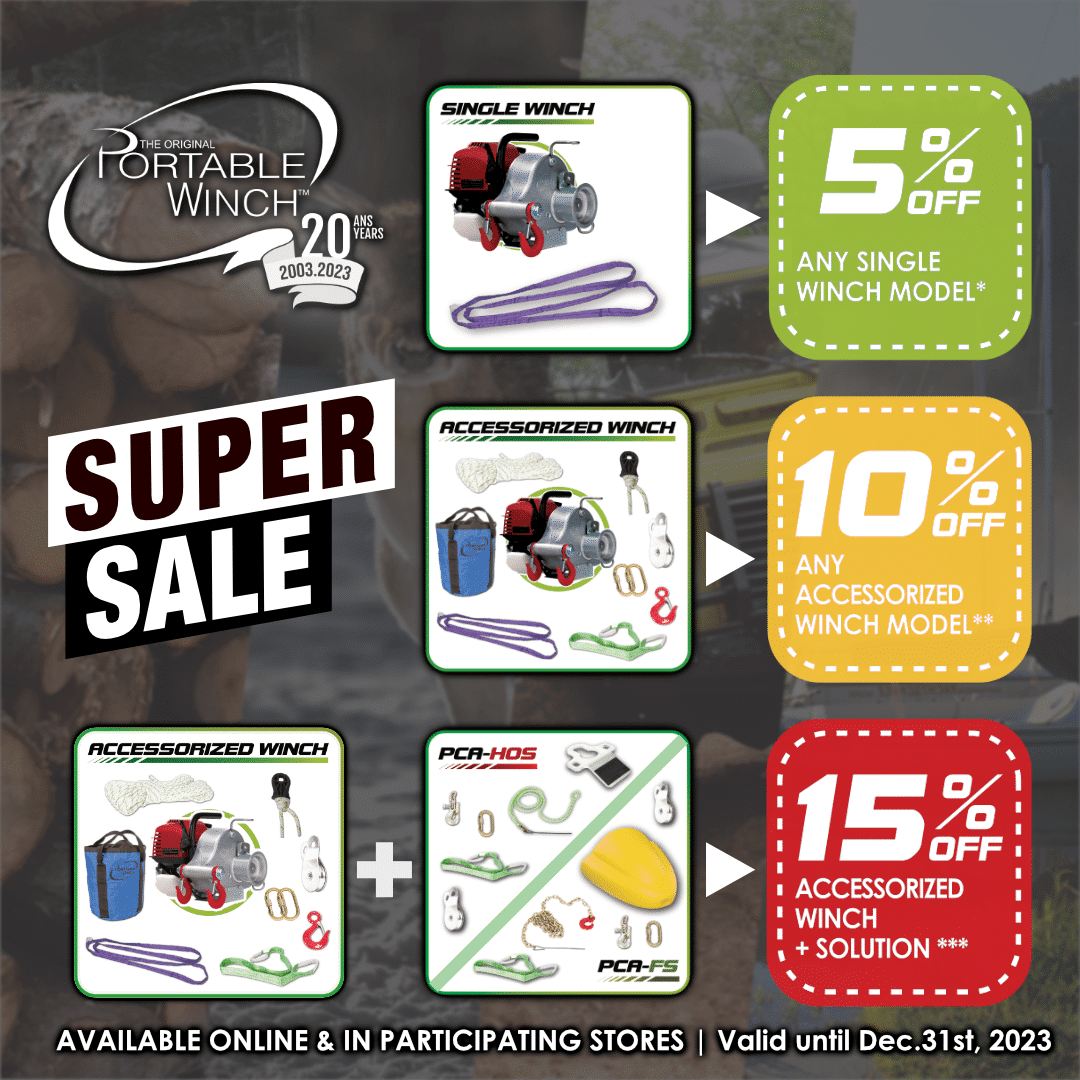Whether you are building, renovating or repairing, at some point in your DIY career you will need to join materials. With countless types of fasteners available, it may be difficult to understand the differences between them and which styles are best for the project you are working on. This handy guide of fastener types you need to have in your DIY tool kit can be a big help!

- Fastening with Nails
Nails are one of the easiest methods of joining two or more pieces wood. Most commonly made of steel, they are also available in a wide variety of other materials that are designed to combat corrosion and to increase their holding capacity. In order to get the best join when using nails, it is critical that ⅔ of the nail length is driven into the base, or thickest portion of the pieces you are fastening. Nails are considered a non-permanent method of fastening, but it is important to note if you wish to take apart your construction in the future, you may face some difficulty with bent nails and some damage to the wood. - Screws Provide Durability and Disassembly Options
When you are building or repairing something that needs greater strength and holding power than nails, screws are a versatile and easy-to-remove option. Additionally, there are speciality screws to suit almost any project, be it wood or metal being fastened. When considering the type of screw that will suit your needs, bear in mind whether your project is inside or will be exposed to the elements. There are several types of materials and coatings used to manufacture screws that will increase their tensile strength and reduce their chances of corroding. This is especially important when you are working with materials like decking, steel cladding and the like. To ensure the best join, choose the size of your screws so at least half is screwed into the base material. In some cases, it may be necessary to drill pilot holes for screws, so you do not wreck the material or fastener when driving them in. - Bolting Things in Place
Although you may not use bolts or machine screws, and nuts, as often as other fastener types, they certainly have their place in the average DIYer’s tool kit. With tremendous holding power and the ability to handle heavy loads, bolting is ideal when working with things like beams, deck supports and concrete. For these types of jobs, it may be best to consult with your OFS customer service team so you get the right diameter and length for the project you are working on. While bolts are known for their power in heavier applications, there are also smaller, specialty toggle bolts to aid in projects like hanging items from hollow walls or ceilings. This type of bolt allows for greater weight than the typical screw and plastic anchor that is used for light items. - Permanent Joins with Rivets
Rivets require a bit of prep work, but when you need a permanent join, they are among the easiest fasteners for DIYers. Generally made of metal, with options available for protection against corrosion, rivets are strong and ductile. Solid rivets are straight pieces of metal, with a head, that are rounded over on the other side to create another head. Blind rivets are composed of a body (what holds the anchor pieces together) and a mandrel (what goes in the gun and is pulled into the body to compress it). You start by pre-drilling a hole into the materials to be joined, loading a rivet into a rivet gun then inserting body of rivet in said hole. As the rivet gun is compressed, the mandrel pulls the bottom of the body of the rivet, which collapses on the backside to create a head. A few examples of where they might use rivets are for boating accessories, mounting objects heavier than three pounds to flat surfaces and joining gutter lengths for your home. If a riveted item has to be disassembled, you will have to carefully drill it out, so it’s best to save rivets for more permanent applications. - Adhesive Anchoring
Permanent. Fast/easy. Not simple. Application pending, they can be finicky. Consult OFS when doing fine work.
With these fastener types, there are very few projects or repair jobs you cannot tackle. Ottawa Fastener Supply’s world famous wall of fasteners has all of these and many more innovative products for all of your DIY needs. Stop in to our Ottawa Hardware and Tool Store see us today and let us help you choose the best fasteners for your next project.



